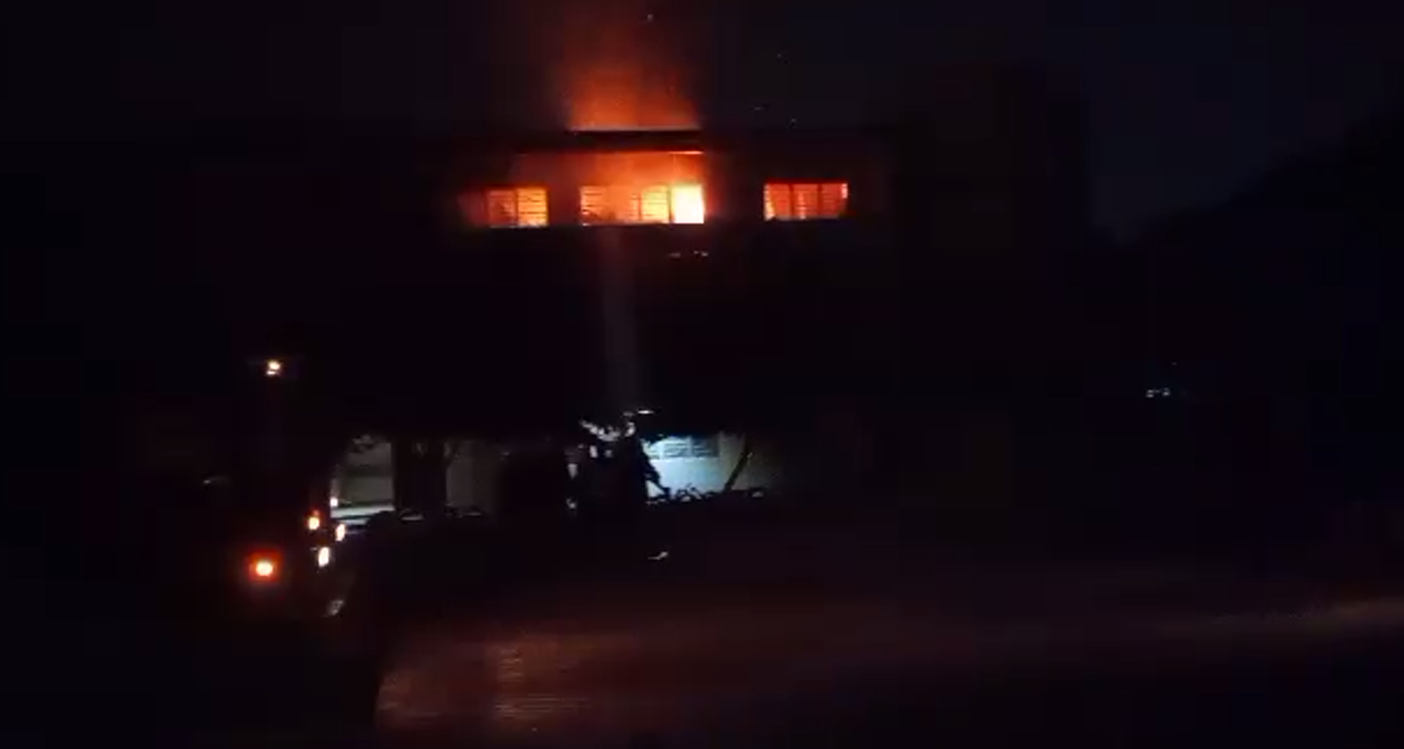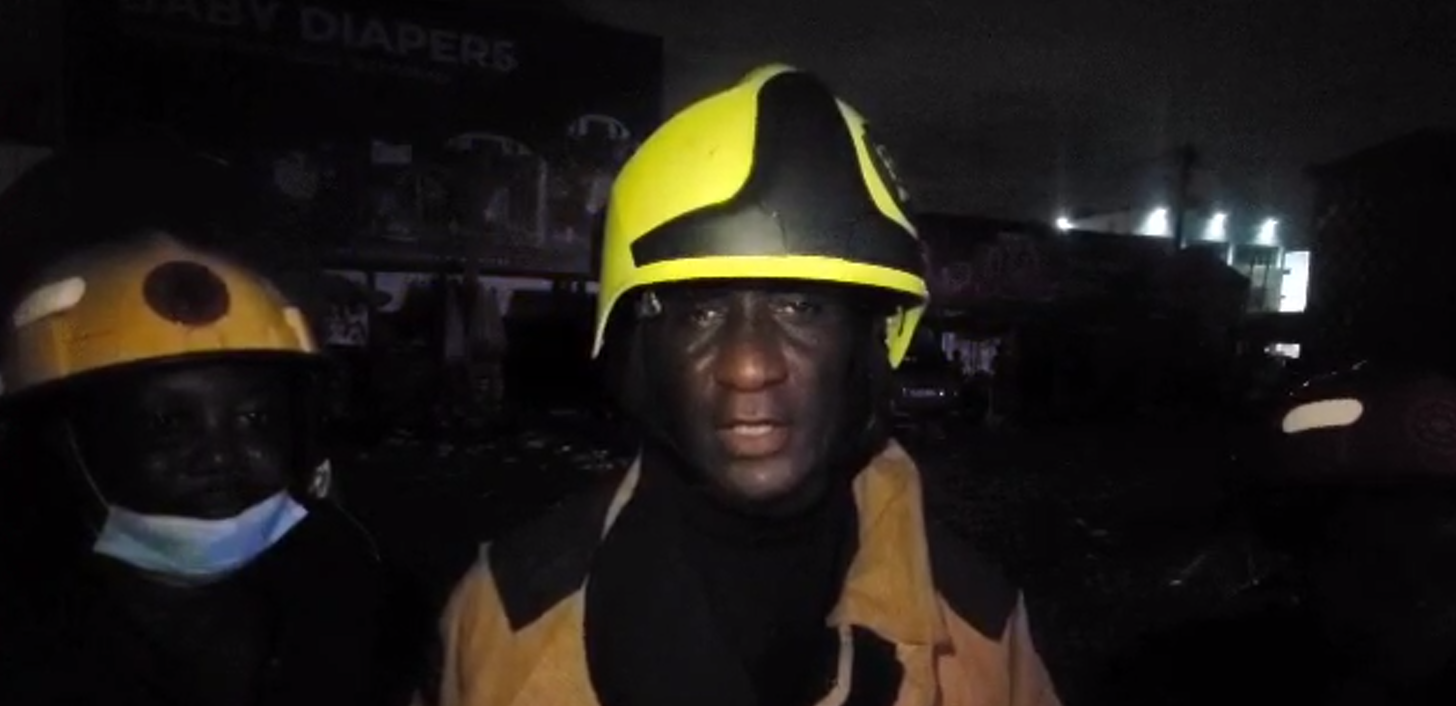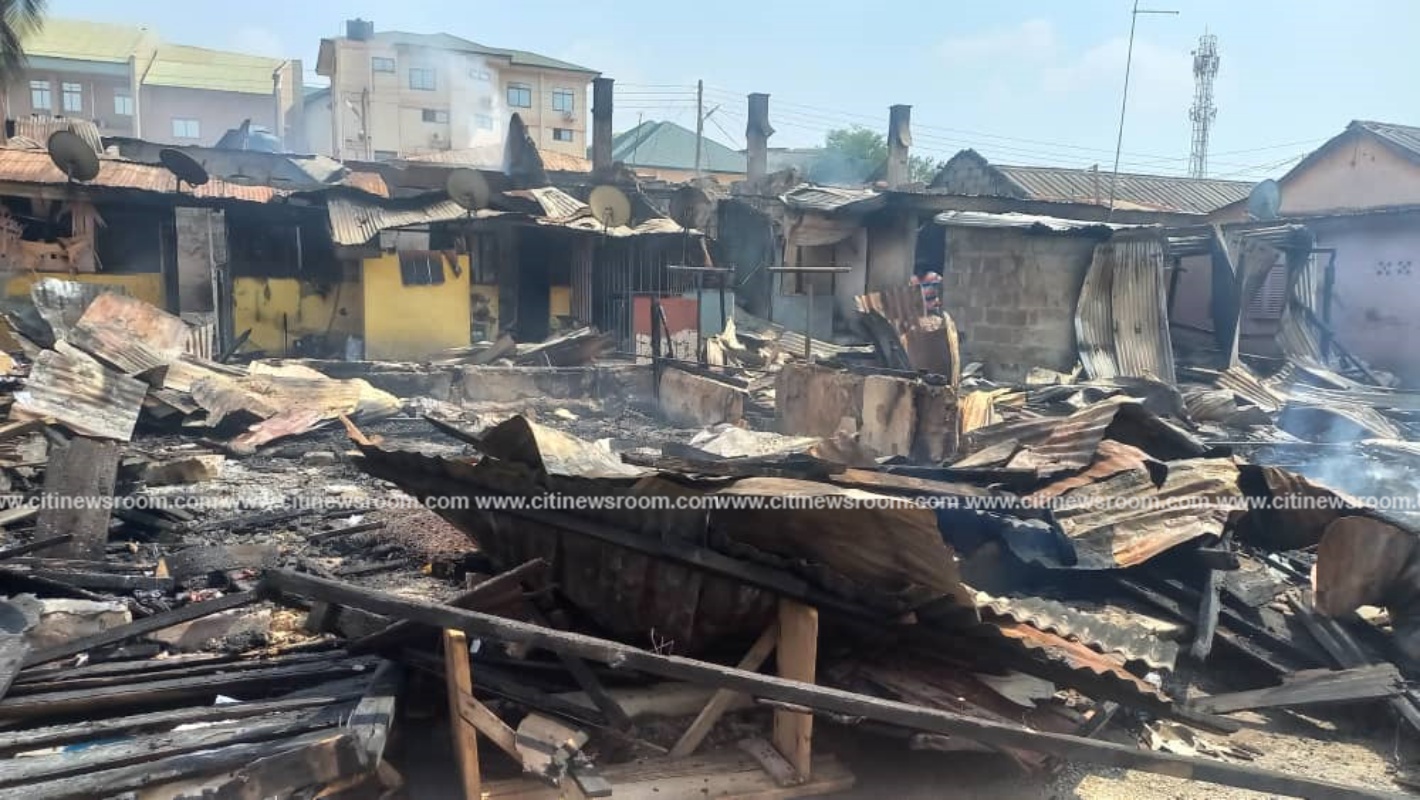
Nearly 80 percent of the materials for staging the December 23 election in DR Congo's capital, Kinshasa, were destroyed when an election warehouse was torched overnight, officials said Thursday.
The blaze ripped through a large warehouse in central Kinshasa in the early hours of Thursday morning, destroying most of the election materials stored inside, including a large number of controversial touch-screen voting terminals.
"The fire consumed materials destined for 19 of Kinshasa's 24 districts," said Corneille Nangaa, head of CENI, the Independent National Election Commission.
The city, which is also one of DR Congo's 25 provinces, represents around 11 percent of the country's 4.4 million registered voters.
Nangaa said the fire had destroyed "nearly 8,000 of the 10,368 voting terminals earmarked for Kinshasa" -- around three-quarters of them.
But he insisted the vote would go ahead in the city.
The terminals have been a source of huge contention over the past year, with many opposition figures denouncing them as "cheating machines" which could be manipulated to fix the vote.
But the authorities insist the terminals will cut costs, prevent fraud and provide a faster tally.
Martin Fayulu, one of two leading opposition candidates running to replace President Joseph Kabila, has emerged as one of the most outspoken critics of the South Korean-made machines.
Fayulu initially threatened to quit the race if the devices were introduced for the vote, whereas his opposition rival Felix Tshisekedi has said he would run whether they were used or not.
Blame game
As the extent of the damage became clear, the FCC coalition, which backs Kabila, accused Fayulu of staging the fire at the CENI warehouse in order to sabotage the vote.
In a statement, the FCC accused him of calling on "his activists and supporters to destroy election material in order to prevent the electoral commission from organising the December 23 vote".
It described the fire was a "well planned" effort to obstruct the electoral process in a statement signed by the head of Kabila's cabinet.
On December 23, just over 40 million voters will head to the polls to choose a successor to Kabila, who has ruled the country since 2001.
Twenty-one candidates are running to replace Kabila, whose hand-picked successor Emmanuel Ramazani Shadary, is one of the front-runners.
At stake is the political stewardship of a mineral-rich country that has never known a peaceful transition of power since independence from Belgium in 1960.
Read Full Story






















Facebook
Twitter
Pinterest
Instagram
Google+
YouTube
LinkedIn
RSS